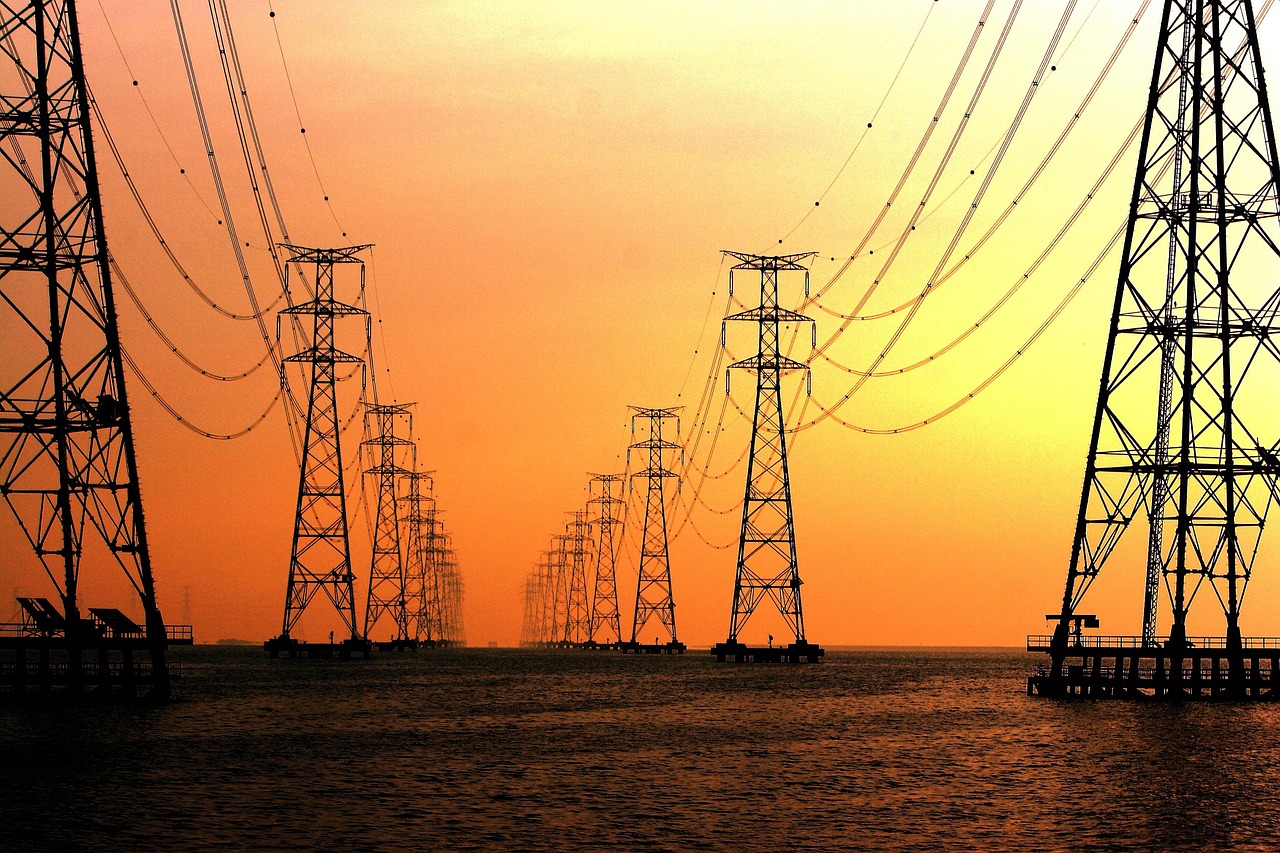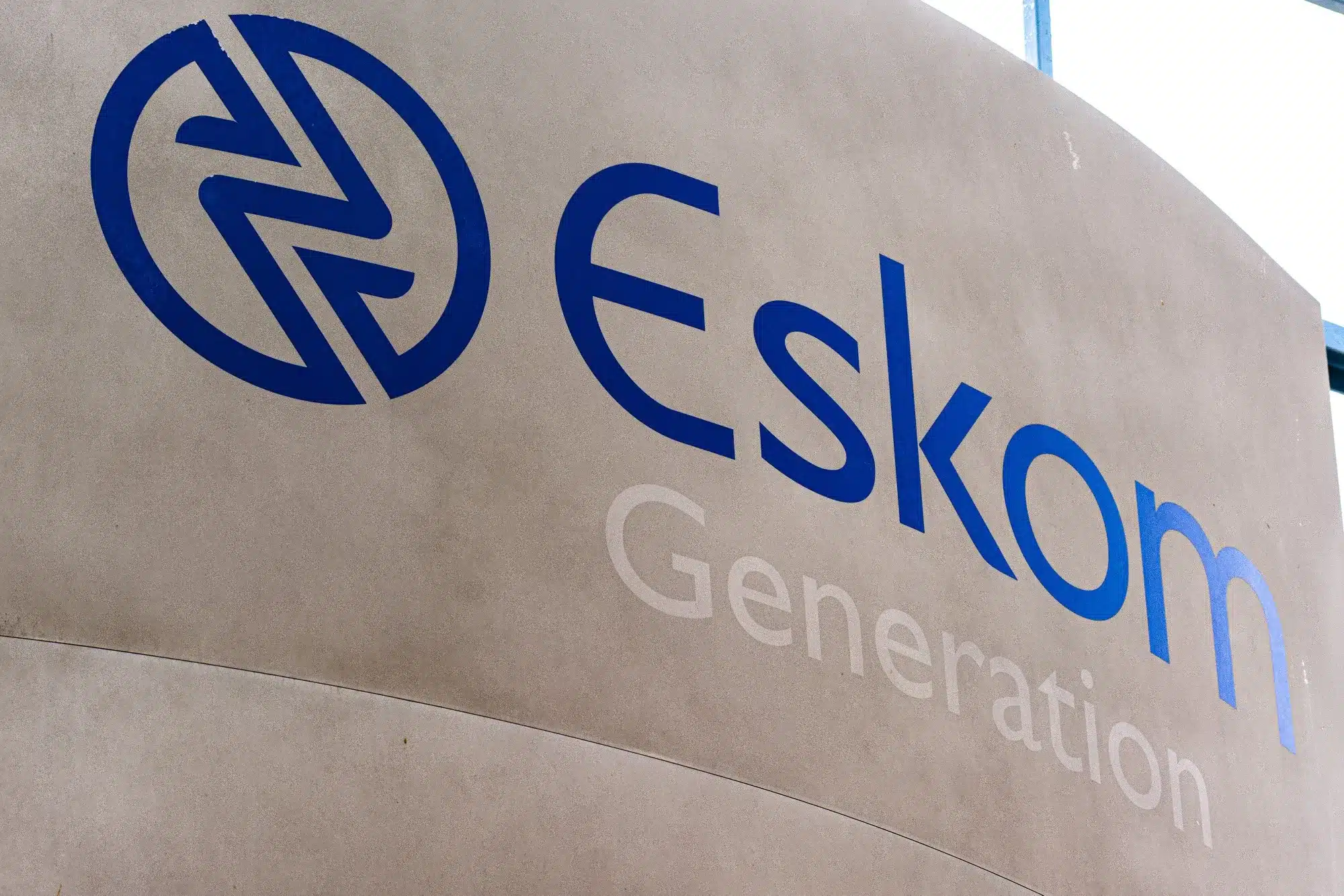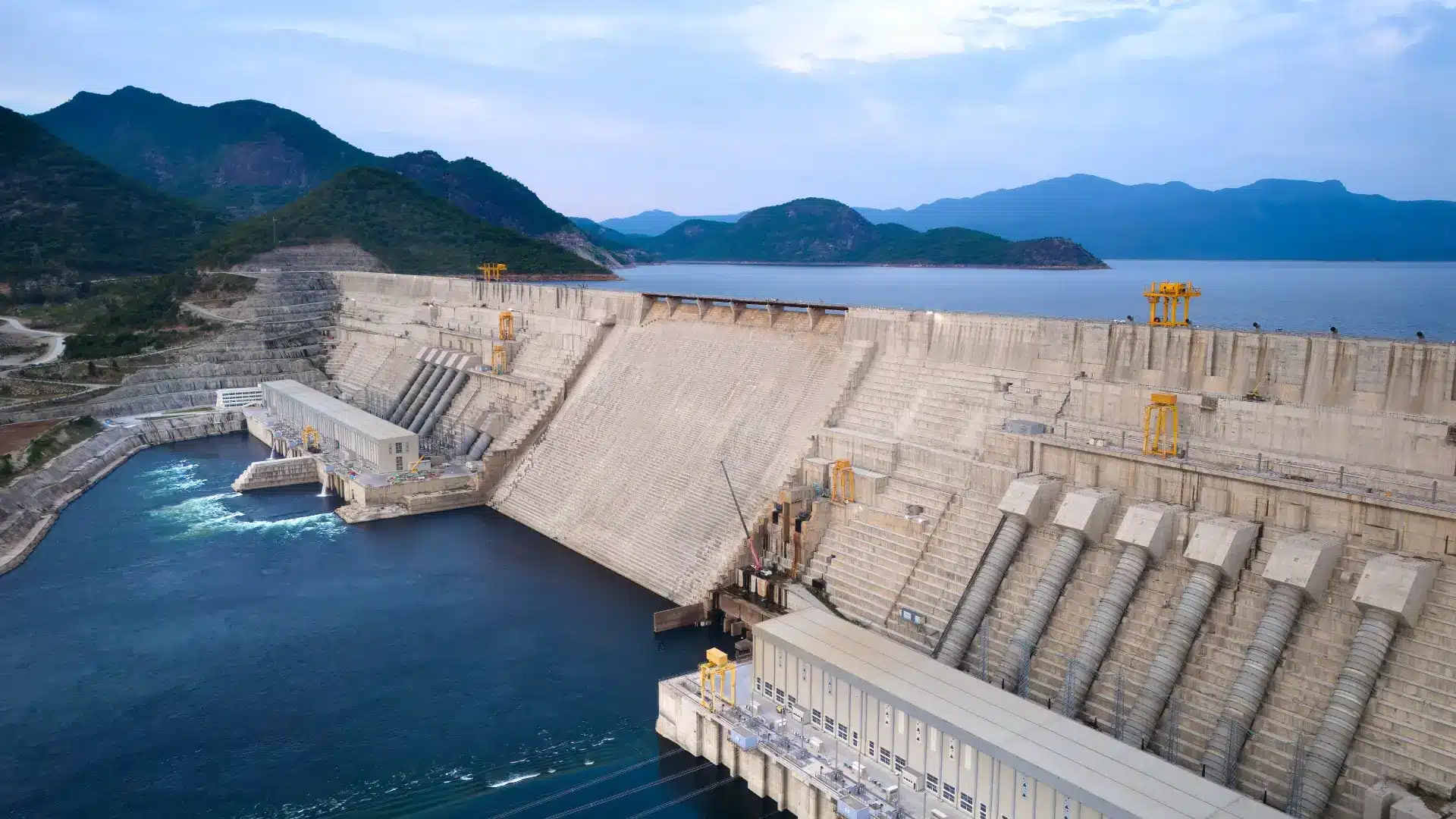The Nigerian National Petroleum Company Limited (NNPCL), has revealed that Nigeria lost about 1,200 megawatts (MW) of power generation capacity due to the recent strike action involving the Petroleum and Natural Gas Senior Staff Association of Nigeria (PENGASSAN) and the Dangote Refinery.
The Group Chief Executive Officer, Bayo Ojulari disclosed this while addressing State House correspondents after a meeting with President Bola Tinubu on Monday.
He explained the strike, which halted operations at key oil and gas facilities, significantly disrupted production and supply across the sector.
“It was quite unfortunate that the Dangote and PENGASSAN issue led to the strike. Whenever critical staff manning essential facilities are unavailable, it’s almost impossible to sustain production. In this particular case, we lost over 200,000 barrels per day and around 1,200MW of power generation,” Ojulari said.
He noted that the industrial action also affected gas production, as several upstream operations were forced to shut down during the period.
According to Ojulari, the losses were contained following swift intervention by the Federal Ministry of Labour and Employment and the Office of the National Security Adviser (NSA), which convened a dialogue between both parties to restore operations.
“The federal government, through the leadership of the labour ministry and the full support of the NSA, was able to bring all stakeholders together. A communique has been agreed upon, and we are hopeful that everyone will abide by it,” he added.
Strike impact eases
In addition, the NNPC boss confirmed that most facilities have since resumed operations, noting that production and supply levels are gradually returning to normal.
He said a significant portion of the deferred output has already been restored, although a few areas are still catching up.
Speaking further, Ojulari said the company had recorded strong gains in oil and gas production before the strike.
Crude oil output, he noted, rose to 1.68 million barrels per day in September, the highest level in five years, while gas production exceeded seven billion standard cubic feet (BCF) per day.
He reaffirmed that the NNPC remains committed to meeting the federal government’s target of two million barrels per day by 2027 and three million barrels per day by 2030, alongside expanding domestic gas supply.
What you should know
The industrial action was triggered by the dismissal of over 800 unionised workers at the Dangote Refinery, many of whom had recently joined the PENGASSAN union.
Management of the refinery claimed the sackings were part of a company-wide reorganisation aimed at curbing “acts of sabotage.”
However, the union insisted that the workers were laid off for exercising their right to unionise.
In protest, PENGASSAN ordered the suspension of crude oil and gas supplies to the refinery and directed its members in upstream operations linked to Dangote to halt work.
The move led to nationwide disruptions in production, gas supply, and power generation before government intervention brought the crisis under control.











